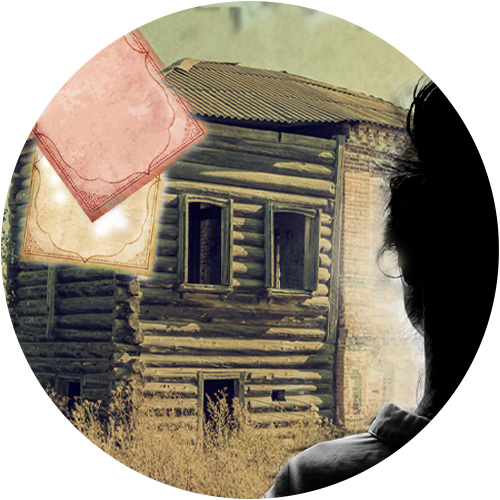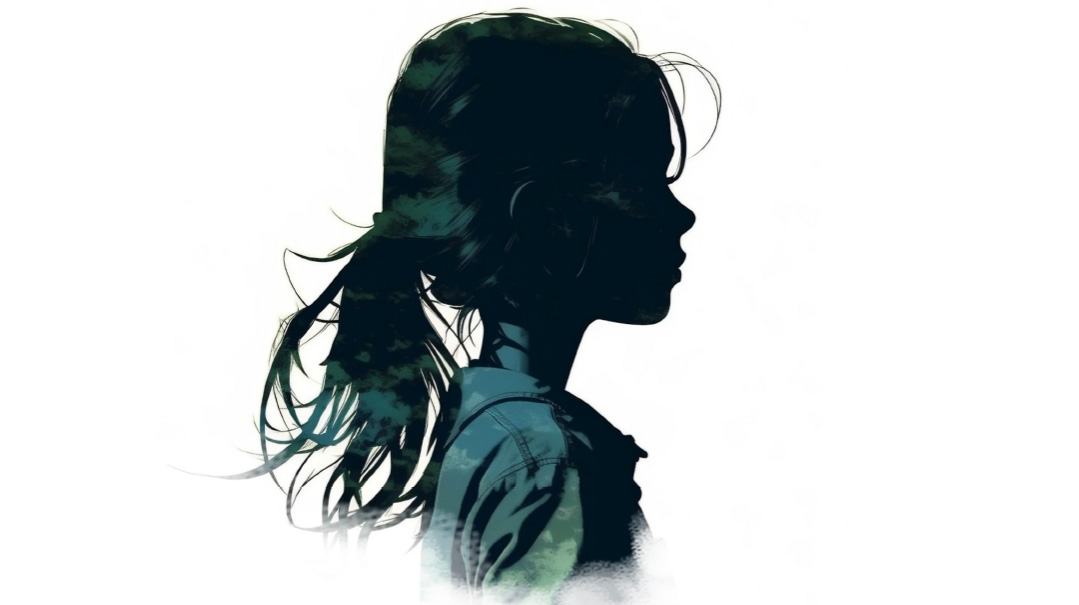Sara’s Story: Chapter 5
| April 11, 2022Since I had no sisters or brothers close in age, there wasn’t much for me to do. I kept myself occupied by frying French fries

Tehran, Iran 1978
Living in a war-torn country is like living in a pressure cooker. The atmosphere and environment is fiery and dangerous, and you cower indoors, waiting for someone to lift the lid and say, “Everything’s all right outside. The fire’s been turned off and it’s safe to come out. Now let’s see how well you’ve fared under pressure.”
I spent most of the year of 1980 at home. Outside, the Iraqis bombed buildings, airports, and football fields. Though the explosions were thankfully too far from my house for me to hear them, the atmosphere was still rife with fear and tension.
When people weren’t dealing with the latest Iraqi-Iranian showdown, they were dealing with Ayatollah Khomeini’s radical interpretation of Islam. No talking too loudly. No dressing immodestly (even covering the neck was required). And no wild parties.
I hated wearing a hijab outside and tried to remain indoors as much as possible.
Since I had no sisters or brothers close in age, there wasn’t much for me to do. I kept myself occupied by frying French fries for myself.
Bored? French fries.
Scared? French fries.
Anxious? French fries.
I gained a whole lot of weight as a result.
Oil, potatoes, and other staples needed to be bought in the local grocery store. Unlike peacetime, however, when a person can just walk into a store and come out ten minutes later with a load of foodstuff, with war raging, things were more complicated. Foods were rationed to prevent our country’s supply from dwindling due to shipping restrictions. Families received coupons which then needed to be redeemed for food items at the local stores.
There were coupons for potatoes. Coupons for oil. And coupons for bread, milk, and kerosene too.
As the family member with the most free time on her hands, the task of waiting on line to buy groceries fell to me. Once a week I’d make my trembling way through the neighborhood to wait in line at the local grocery with my coupons.
The voices all around were muted and fearful.
“I need food for a family of six. What about you?”
“Five.”
“I hope there’s something left when my turn comes to enter the store.”
“Shh. Best to wait in silence. Everyone’s turn will come.”
The lines in front of the stores were hours long. And as the autumn turned to winter and the air turned frigid, I came to dread my task. When it snowed, my hands and feet nearly froze over. I needed to sit in front of the kerosene heater in our attic home for ages upon my return to regain proper circulation in my fingers and toes.
“Hashem, I can’t do this anymore.” I whispered one day. “Please make life better for my family. Please make this horrible war end. Take us to freedom.”
My family wasn’t religious in the traditional sense of the word, but communicating with Hashem was an automatic part of my life. I think it’s an automatic part of every Jew’s life. A part of our DNA.
But things didn’t improve for a long while.
And then one night, an Iraqi fighter jet was shot down over an area of Tehran, densely populated with apartment buildings.
“Tons of people are dying,” my brother Yitzchok told everyone at home, his voice full of horror. “The parts of the plane are flying around, tearing off roofs, and causing windows to shatter. It’s terrible.”
“Terrible.” Our mother didn’t say any more. Instead, she slipped from her chair onto the floor.
She had fainted.
Yitzchok and Dovid exchanged horrified looks. Immediately, Dovid ran to soak a piece of fabric in water and Yitzchok applied it to our mother’s face.
“Umma, wake up,” Yitzchok urged. “Please, Umma. Wake up and things will get better. I promise.”
Yitzchok pressed and squeezed water all over our mother’s face. After many long moments, she awoke.
“I will do everything that I can to make things better,” Yitzchok declared.
His mind took him to the villager whom he had helped three years earlier in his store. The customer whom he hadn’t charged for his services.
The man had told Yitzchok to come to him in his time of need.
Now was that time. Yitzchok dredged up the man’s name and address from the depths of his memory and decided to pay him a visit. This was the start of our family’s salvation.
To be continued…
(Originally featured in Teen Pages, Issue 907)
Oops! We could not locate your form.


